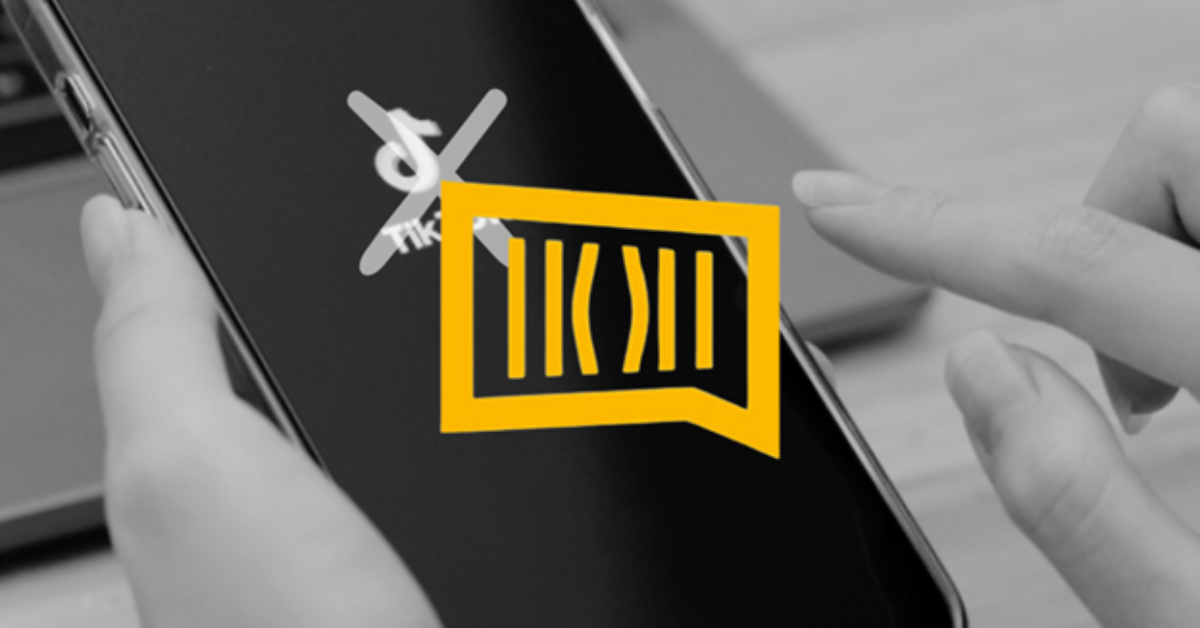Article
Hotline & Network Updates
Civil Society Responds to Albania’s TikTok Ban
The SafeJournalists Network (SJN), partners of the Media Freedom Rapid Response (MFRR), and civil society organisations in Albania express serious concern over the decision by the Albanian Council of Ministers on 6 March 2025 to suspend access to the TikTok platform nationwide for 12 months.
While we acknowledge the government’s stated intent to protect children from harmful content and safeguard personal data, we strongly emphasise that such protective measures must fully respect fundamental human rights, particularly freedom of expression, access to information, and due legal process.
Freedom of Expression and Proportionality
A total ban on a platform constitutes an extreme restriction of the rights to freedom of expression and access to information. The wholesale suspension of an entire platform significantly exceeds the principle of proportionality, affecting the legitimate expression of all users, limiting public debate, and reducing access to diverse sources of information.
Targeted alternative solutions - such as content moderation, age verification, and improved user education programmes - should have been explored prior to imposing a blanket ban. The broad nature of this measure sets a dangerous precedent for disproportionate state intervention in digital rights.
As a candidate country for EU membership, Albania is expected to uphold European standards relating to the rule of law and fundamental freedoms. The EU Digital Services Act (DSA) emphasises platform accountability and transparency in content moderation through a risk-based, proportionate approach. The DSA advocates holding platforms accountable for managing risks, rather than penalising users by denying access. We urge Albania to align its approach with this regulatory framework.
Concerns Over Democratic and Electoral Processes
With parliamentary elections scheduled for May 2025, the timing of this suspension is particularly concerning. TikTok has rapidly become a key platform for political communication and voter engagement, especially among young people, first-time voters, and emerging political parties or movements who argue they will be disproportionately affected.
By restricting access to this platform, the government risks silencing emerging voices, undermining political pluralism, and creating a chilling effect that may extend beyond TikTok users to journalists, digital creators, civil society activists, and organisations monitoring the democratic process.
Due Process and Transparency
It is noted that this decision followed a public announcement by Prime Minister Rama in December 2024, citing consultations with a select group of parents and educators. However, there remains insufficient public evidence regarding the scope, representativeness, and outcomes of these consultations.
We stress that decisions of this scale and significance must be based on comprehensive, transparent, and inclusive consultations involving civil society organisations, media bodies, the tech industry, digital rights advocates, and affected communities.
Risks of Setting a Dangerous Precedent
We are concerned that implementing a general ban on a digital platform sets a troubling precedent for Albania and the wider region. When governments claim broad authority to shut down popular platforms based on content concerns, they risk paving the way for further restrictions, threatening internet freedom more broadly.
We urge the Albanian authorities to avoid setting such a precedent and to ensure that any future regulatory measures targeting digital content are evidence-based, proportionate, and tailored to specific risks or groups.
Recommendations
We call on the Albanian government to immediately revoke the suspension of TikTok and initiate a transparent, inclusive consultation process involving parliament, civil society, media organisations, digital rights advocates, and international partners.
This process should aim to develop a proportionate, evidence-based regulatory framework aligned with European standards, particularly the EU Digital Services Act (DSA). Such an approach would enable Albania to address legitimate concerns around child safety and data protection, while fully safeguarding freedom of expression, democratic discourse, and due legal process, especially in the context of the upcoming elections.
Endorsed by the SafeJournalists Network:
• Association of Journalists of Bosnia and Herzegovina
• Association of Journalists of Kosovo
• Association of Journalists of North Macedonia
• Croatian Journalists’ Association
• Independent Journalists’ Association of Serbia
• Media Union of Montenegro
MFRR Partner Organisations:
• European Centre for Press and Media Freedom (ECPMF)
• European Federation of Journalists (EFJ)
• International Press Institute (IPI)
• Free Press Unlimited (FPU)
• Osservatorio Balcani Caucaso Transeuropa (OBCT)
Civil Society Organisations in Albania:
• Center Science and Innovation for Development (SCiDEV)
• Albanian Journalists Association (AGSH-AJA)
• Albanian Center for Quality Journalism (ACQJ)
• Balkan Investigative Reporting Network – Albania (BIRN Albania)
• Albanian Media Council
• Res Publica
• Citizens.al
• MediaLook Center
• Institute for Democracy and Mediation (IDM)
• Center for the Protection of Children’s Rights in Albania (CRCA-ECPAT)
